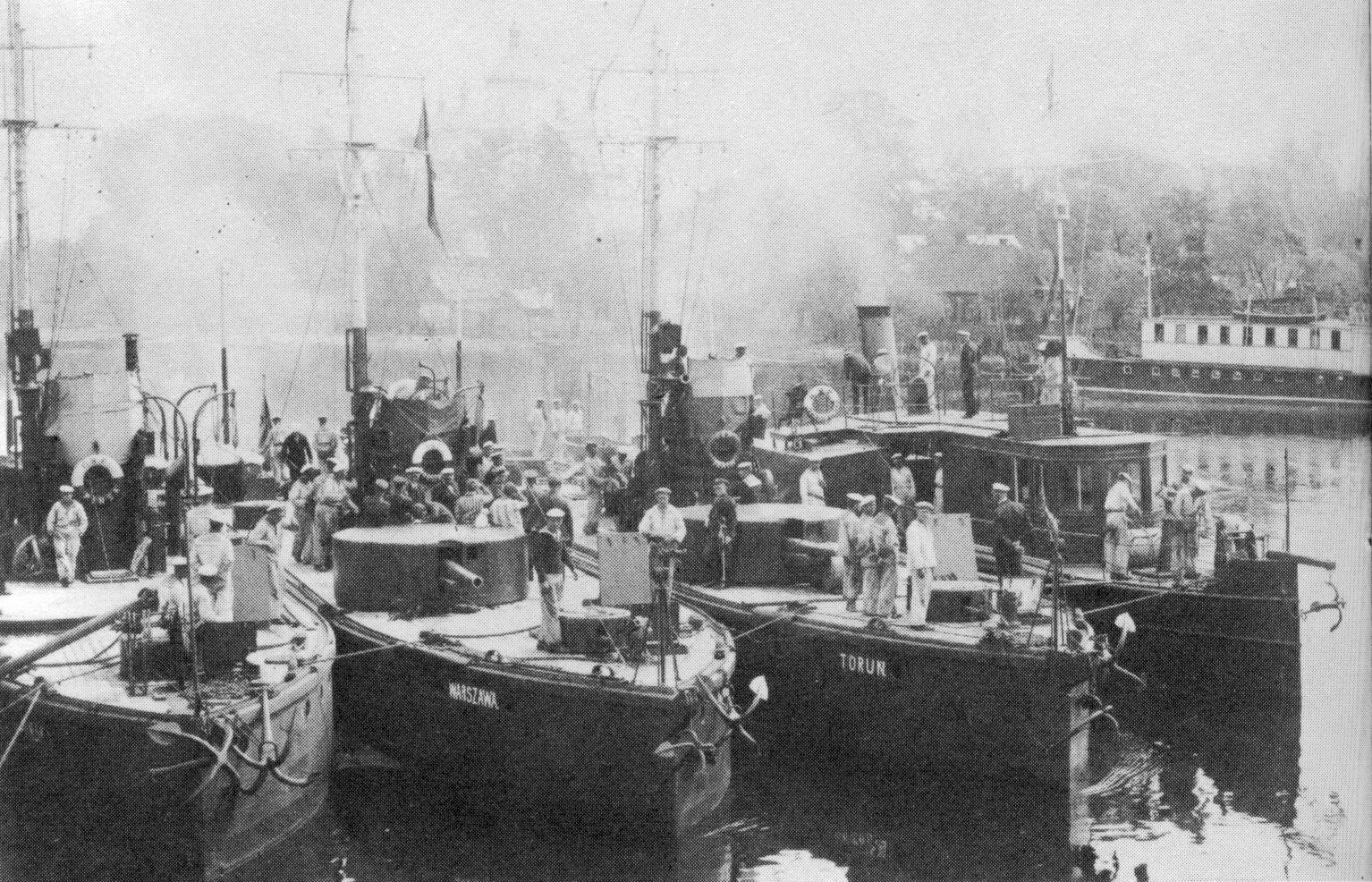|
Yauhen Shatokhin
Yauhen Shatokhin ( be, Яўген Шатохін, French transliteration: Iaouguene Chatokhine; February 25, 1947 in Pinsk – January 22, 2012 in Pinsk) was a Belarusian painter and political activist. Shatokhin graduated from the Pedagogic Institute of Orel and the Institute of Arts and Industries in Kharkiv (today's Kharkiv State Academy of Design and Arts). Starting 1972, Shatokhin participated in numerous expositions as well as held his personal expositions in the USSR, Poland, the United States and France. After the break-up of the USSR he was active member of the Belarusian Artists' Union. Over the years Shatokhin received numerous French awards, including a price of the National Assembly of France. In 2003 he became honorary citizen of the town of Albert, France. http://www.chato.brest.by/?scrwidth=1280 Political activism In the early 1990s Shatokhin joined the Belarusian Popular Front. After the party's split he remained in the Conservative Christian Party le ... [...More Info...] [...Related Items...] OR: [Wikipedia] [Google] [Baidu] |
Pinsk
Pinsk ( be, Пі́нск; russian: Пи́нск ; Polish: Pińsk; ) is a city located in the Brest Region of Belarus, in the Polesia region, at the confluence of the Pina River and the Pripyat River. The region was known as the Marsh of Pinsk and is southwest of Minsk. The population is 138,415. The historic city has a restored city centre, with two-storey buildings from the 19th and early 20th centuries. The centre has become an active place for youths of all ages with summer theme parks and a new association football stadium, which houses the city's football club, FC Volna Pinsk. History Timeline up to WWI *In the 9th and 10th centuries, the town of Pinsk was majority Lithuanian *1097 – the first mention of Pinsk * 1241 – transfer of the Orthodox diocese from Turov * 1316 – after this date, Pinsk was incorporated into the Grand Duchy of Lithuania * 1396 – a Catholic church and a Franciscan monastery were erected * 1523 – Pinsk becomes a royal city, first owned b ... [...More Info...] [...Related Items...] OR: [Wikipedia] [Google] [Baidu] |
Zianon Pazniak
Zianon Stanislavavič Pazniak ( be, Зянон Станіслававіч Пазняк, born 24 April 1944) is a Belarusian nationalist politician, one of the founders of the Belarusian Popular Front and leader of the Conservative Christian Party – BPF. He was the Belarusian Popular Front nominee for President of Belarus in the 1994 election. Zianon Pazniak has lived in the United States since 1996. Biography Zianon Pazniak was born in the village of Subotniki in Baranavichy Voblast (present-day Hrodna Region). He graduated from the Belarusian State Institute of Theatre and Arts in 1967 and completed his postgraduate studies at the Institute of Ethnography, Art and Folklore in 1972. Upon completion of his university studies, Pazniak worked as an arts researcher. After a wave of Soviet political-administrative repressions in 1974 resulting in the loss of his work at the Arts Institute, Pazniak worked as an archaeologist at the Archaeological Division of the Histor ... [...More Info...] [...Related Items...] OR: [Wikipedia] [Google] [Baidu] |
21st-century Belarusian Painters
The 1st century was the century spanning AD 1 (Roman numerals, I) through AD 100 (Roman numerals, C) according to the Julian calendar. It is often written as the or to distinguish it from the 1st century BC (or BCE) which preceded it. The 1st century is considered part of the Classical era, epoch, or History by period, historical period. The 1st century also saw the Christianity in the 1st century, appearance of Christianity. During this period, Europe, North Africa and the Near East fell under increasing domination by the Roman Empire, which continued expanding, most notably conquering Britain under the emperor Claudius (AD 43). The reforms introduced by Augustus during his long reign stabilized the empire after the turmoil of the previous century's civil wars. Later in the century the Julio-Claudian dynasty, which had been founded by Augustus, came to an end with the suicide of Nero in AD 68. There followed the famous Year of Four Emperors, a brief period of civil war and inst ... [...More Info...] [...Related Items...] OR: [Wikipedia] [Google] [Baidu] |


